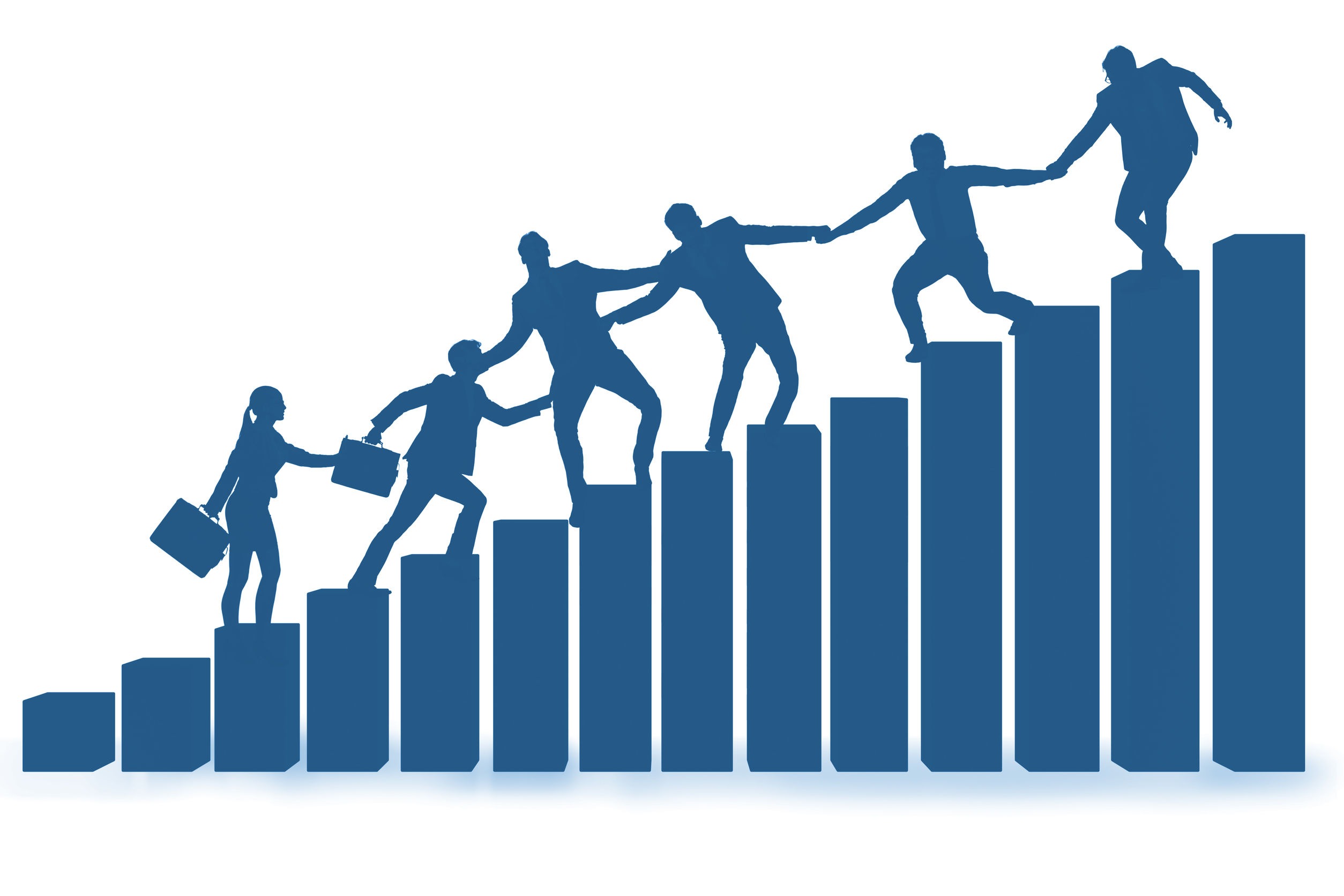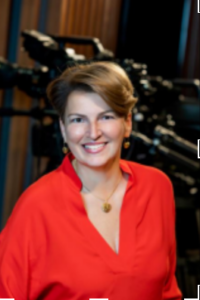How can mentors and mentees work together for meaningful collaboration?
A PR student and her mentor share insights about their relationship and consider how this important too for career development and growth could be improved.

A mentee and a mentor have a different view of the same relationship, and it’s a working dynamic that is more important than ever for the PR industry.
Here’s how one mentor and mentee are reflecting on their journey together and how these relationships can help achieve important goals in a purpose-driven messaging landscape.
The mentee experience: Georgia Burgé, PR graduate, San Diego State University
Purpose-driven PR is far from a new concept. But defining your personal purpose can be difficult when you’re new to any profession, especially PR.
When I graduated from college with a PR degree this past August, I was ready to hit the ground running. Graduating into the uncertainty of the pandemic job market left me feeling a little directionless, so I decided to dedicate my time to professional enrichment, like signing up for a mentorship program through my local PRSA chapter.
I’d never had a mentor in my field before, so I wasn’t quite sure what to expect. I thought maybe they’d offer to look over my resume and LinkedIn profile and suggest a few minor changes, maybe alert me to entry-level openings they heard about. After our first call, it was clear that it wouldn’t be that surface level.
The first question my mentor, Benjamin, asked during our first meeting was why I wanted to do PR. I rattled off my stock answer about creativity and being a strong writer, but that wasn’t what he was looking for. He wanted to know what made me tick about being a communicator, what really made me want to enter this field. After a few moments of thinking, I realized I had no idea.
Our first few meetings were tough because I felt a little like the rug had been pulled out from under me. I’d spent the past 3 years learning everything I needed to know about PR and had somehow never taken the time to examine why.
After I stopped meeting his questions with confused silence, we finally began to home in on my real “why.” We made a breakthrough around our third meeting when he and I both realized that all of my favorite pieces in my portfolio centered around social justice. The answer had been right in front of me the whole time, but I’d been too near-sighted to identify it on my own.
I’m glad I was matched with a mentor who was willing to take me out of my comfort zone in order to figure it out. I’m sure I would’ve figured it out on my own someday—but being clear on my purpose has allowed me to become more confident in my choice to be a PR professional and illustrate my genuine intent to potential employers.
To young professionals who are considering finding a mentor, be sure to maintain humility. You may have aced all of your classes and know the AP Stylebook like the back of your hand, but purpose isn’t something that can be taught. A great mentorship dynamic is one that primarily challenges you to push yourself, but ultimately unlocks the potential you had all along.
The mentor experience: Benjamin Thiele-Long, head of West Coast at Cognito
Our founder and CEO Tom Coombes is often heard telling the story of a fireside chat he attended with veteran broadcaster and journalist Melvyn Bragg, discussing the thousands of highly talented and accomplished artists and creators he had interviewed during his own career.
During the fireside chat the interviewer asked Bragg if there was anything these people all had in common that has made them successful. He said he couldn’t think of one core attribute, but many of them had said the exact same four words when asked what they attributed their success to: “there was this teacher.”
The story itself triggers those memories of teachers, mentors and role models that I have had throughout my own education—both at school and work—and how they helped me define my purpose in everything I do: the choir director that enthused a passion for music I now share with other amateur choirs, the barrister that showed me the skill of advocacy that I know use in media training, and my first agency boss who would consistently ask me ,“Why?”
What all those people have in common was incredible skill—no question—but where they stand out was the motivation and the passion, not in their own work, but in their desire to unlock it in mine.
When I first met Georgia, I saw someone who was clearly skilled and tenacious. But as I listened to her tell me about her ambitions, there was one thing that was missing. I hadn’t really understood what made her tick. And neither had she.
And as a mentor this is pivotal to our role. It’s not about showing someone what to do. It’s not about showing how your own career provides the route they should choose. It’s about helping them find their own purpose, so you can guide them through their own career journey with reassurance and support.
And in PR this is doubly important, because if you’re driven by purpose and care about what you do, it drives your pitching, your writing and the mindset with which you face each unique challenge.
As PR professionals, we can and should sharpen and hone skills, competencies and talents.
But as mentors I believe we also have a fundamental responsibility to share our knowledge, inspiration and feedback, to help the next generation become strong, motivated, confident, and thoughtful leaders. And if, as a mentor, we are very lucky, people like Georgia might say one day, “There was this teacher…”







When Georgia and Benjamin realized that her favorite pieces in her portfolio centered around social justice, should he have advised her to go into something other than PR?
What most PR is mainly about, a mentor could counsel, is money. Typically a company tries to hire and promote PR people not to promote social justice but to make more money.
Could Georgia likely be more successful for herself and for social justice by going into human resources, law or social work rather than PR?